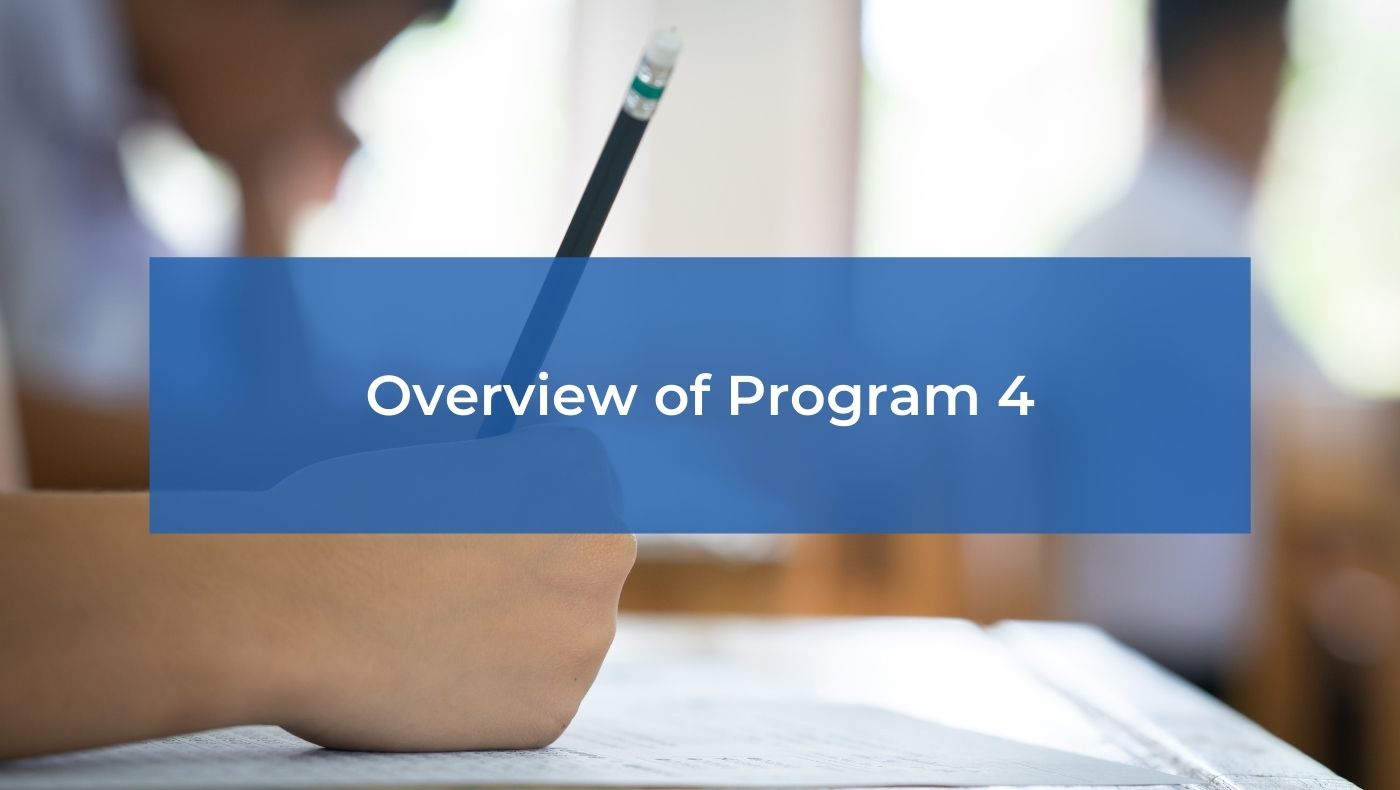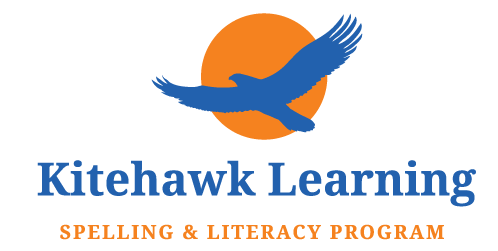
Program 4 is designed to be one year’s work in a typical classroom setting where one Unit is completed each week. The standard is for Grade 6 level or the average student aged about 11 years. The program is written in plain English.
Program 4 has the same style of exercise as Program 2 and Program 3 which gives students confidence when attempting Activities. The Activities are again marginally more difficult than Program 2.
The knowledge and skills taught are:
- The 250 ‘Must Know´ listed at the start of Program 4, include the 125 Program 3 ‘Must Know’ words. They form about 75% of writing at this level and learning these words is essential for success in writing and reading.
- Many of the Activities in Program 4 are designed to be completed using a student dictionary.
- Program 4 continues the focus on developing skills by providing more complex Activities especially phonemes, spelling patterns / skills, syllables, prefixes and suffixes, etc.
- There is a stronger focus on Latin and Greek roots, base words and grammar.
- Program 4 has a much stronger emphasis on vocabulary building and development using vocabulary building exercises, synonyms, antonyms and guide words Activities.
- A higher level of difficulty in Program 4 further developed previously learned literacy skills such as editing writing, dictionary skills, blends, homophones, synonyms, antonyms, doubled consonants, contractions, prefixes and suffixes, plurals, Latin and Greek roots of English, confused words, base words, guide words, abbreviations and punctuation nouns – proper nouns, collective nouns, pronouns, verbs and verbs tenses, adverbs, adjectives, prepositions, conjunctions and more basic grammar including compound verbs, adverbial phrases, adjectival phrases, plurals and verbs, direct and indirect speech and statement and questions.
- New skills and knowledge developed include abstract nouns, stress and pronunciation, exceptions to spelling rules, use of punctuation – the comma and the apostrophe, transition and sequence words. More complex confused words, metaphors, acronyms and combined words are other newly introduced Activities.
- Word Building lists provide word relationships, extension, and vocabulary building.
All Activities require thinking – there is no ‘busy’ work in the program. The answers to about 80% of the Activities of each Unit are the List Words of that unit which encourages students to persevere.
The teaching of concepts is still required.
The online Activities are designed to challenge and engage students in a stimulating way.
